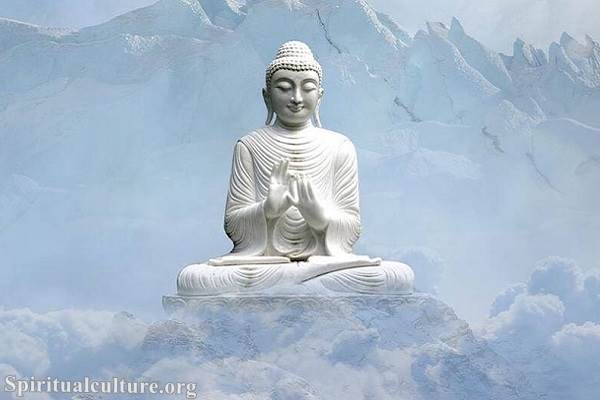Instead of sins, Buddhists focus on cultivating positive states of mind and actions and avoiding negative states of mind and actions.
However, Buddhism considers certain actions unskillful or unwholesome and may cause suffering for oneself or others. These actions are often referred to as “non-virtuous” or “unwholesome actions.”
Examples of non-virtuous actions in Buddhism include:
– Killing or causing harm to others
– Stealing or taking what does not belong to you
– Engaging in sexual misconduct
– Lying or speaking deceitfully
– Using harmful speech or language
– Engaging in divisive or harmful actions
It is important to note that Buddhism focuses on cultivating positive states of mind and actions rather than avoiding negative states of mind and actions to avoid punishment or seeking reward. The goal is to cultivate a mind that is free from suffering and to act in ways that are beneficial to oneself and others.



